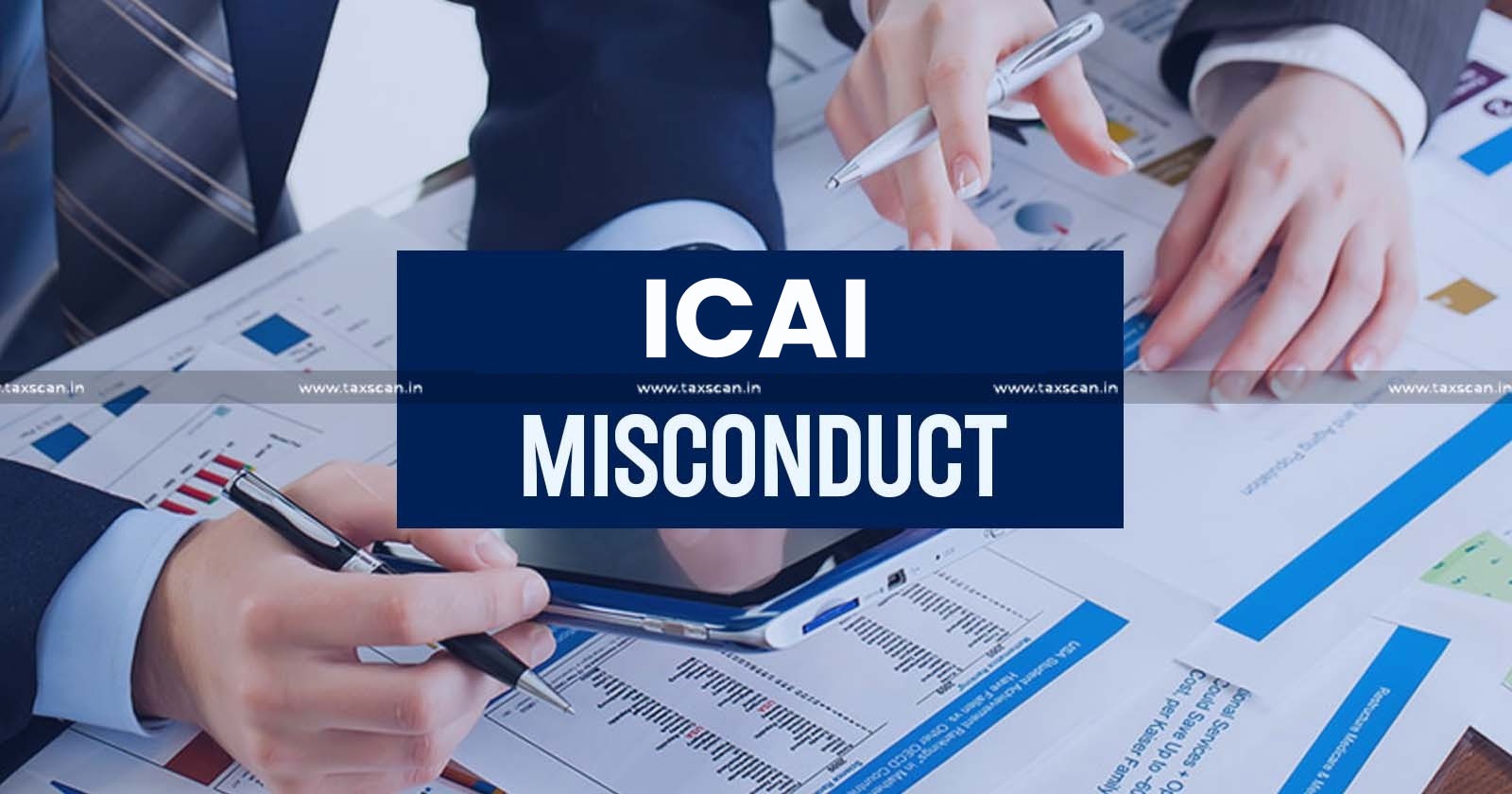Avadh Behari Rohatgi, J.@mdashIn these four cases the petitioners raise substantially one point. Their grievance is that they have no! been given a reasonable opportunity of being heard before making the orders which prejudicially affect them. In each case the first petitioner is the registered proprietor of the trade mark in India. The second petitioner is the proposed registered user. u/s 49 of the Trade and Merchandise Marks Act, 1958 (the Act) the registered proprietors and the proposed registered users jointly applied to the Registrar of Trade Marks in the prescribed form for the registration of the second petitioner as registered user of the stated trade mark or trade marks. This application was refused by the Central Government.
2. The Government issued a notice to the petitioners on their applications. The notice was substantially in the same form in all the cases. The relevant portion of the notice is as under :
''''The Government of India proposes to refuse the above application on the grounds that having regard to all the circumstances of the case, the variation of registration as Registered User sought by the Applicants is not in the interest of genera] public and the development of indigenous industry in India."
3. After this notice the Central Government gave a hearing to the petitioners. Thereafter they communicated to the petitioners their decision that their applications have been refused. The letter communicating the decision is in these terms :
"With reference to the above matter, I have to state that the Central Government have carefully considered the aforesaid applications in the light of the facts of the case and the arguments advanced at the hearing held on 6th July, 1979 and have directed the Registrar of Trade Marks to finally refuse the application on the ground already set out in this office letter No. PR (RU-457 to 461) 6635 dated 17-2-1978. In the circumstances the aforesaid applications are refused in pursuance of Section 52 (2) of the Act."
4. These facts are taken from the petition of Imperial Chemical Industries Ltd. (C. W. No. 1388 of 1980) and may be taken as illustrative of the three other cases.
5. The complaint of the petitioners is that except reciting the words of the statute they have not been informed of the grounds on which their applications have been rejected. Now Section 49 (3) says:
"(3) On receipt of an application under sub-section (2), the Central Government, having regard to all the circumstances of the case and to the interests of the general public, and the development of any industry, trade or commerce in India, may direct the Registrar -
(a) to refuse the application; or
(b) to accept the application either absolutely or subject to any conditions, restrictions or limitations which the Central Government may think proper to impose;
Provided that no direction for refusing the application or for its acceptance conditionally shall be made unless the applicant has been given an opportunity of being heard."
6. The complaint in substance is that though a hearing was afforded by the Government to the petitioners, it was an empty formality because the petitioners were never informed of the grounds on which the Central Government came to the conclusion that to accept the application will be against the interests of the general public or the development of indigenous industry in India.
7. The necessity for administrative authorities to provide a statement of reasons is a fundamental principle of administrative law. The requirement of reasons is not limited to formal proceedings in courts; it should extend to all determinations. The enabling statute is generally vague and general in its wording. It is the business of the administrative authority to apply the principle which the legislature has indicated only in a general way to the particular facts; of the case before it. This purpose is frustrated if the authority''s orders are no clearer than the statute itself. The! authority must give a reasoned opinion-The court can compel the authorities to articulate the basis of their action. This rule stems from the need for courts to know what it is that an authority has determined in order that they may know what to review. Unexplained decisions leave the public in the dark on the reasons which led to them. More important, permitting them is an open invitation to arbitrary action. The obligation to give a reasoned decision is a substantial check upon misuse of power. A decision supported by facts, circumstances, and reasons is much less likely to be a product of caprice or careless consideration. Requiring articulation of the reasoning process evokes care on the part of the decider.
8. In the second place, a losing party has a right to know why he lost his case. The requirement of reasons meets the elementary demand of those injured by the authority''s decision to be told "the reason why". Reasons serve as an explanation to the parties as to the basis for the decision.
9. Thirdly, and this is the point most frequently emphasized, is the role of the reasons requirement in facilitating judicial review; without them a court cannot adequately perform its reviewing function : we must know what a decision means before the duty becomes ours to say whether it is right or wrong. If there are no reasons, in Lord Summer''s famous phrase, the record "speaks" only with the ''inscrutable face of a sphinx''. In such circumstances the silence of the order renders it pragmatically impossible for the court to perform its function of review.
10. Take these cases. To say that the application is rejected because it is "not in the interest of the general public and the development of indigenous industry in India" is merely to parrot the language of the empowering statute. The order is not accompanied by any reasonec. opinion. The cryptic order is far from a well-founded, reasoned decision. On the other hand it is a good illustration of a ''delphic'' determination.
11. This precise point was decided by a Division Bench of this court in
12. In administrative law civil servants have stubbornly resisted any idea of giving reasons, though statutes have increasingly imposed a duty to give reasons for certain types of decisions, usually those made after a formal hearing. The giving of legal reasons for their decisions by judicial and quasi-judicial persons and bodies is a matter of great importance. Parties are more likely to be satisfied if the reasons are set out.
13. There is one difference between these cases and the case of
14. Therefore, we direct the respondents to give reasons of the grounds on which they propose to refuse the application. They will state why it is against | public interest and how it will hinder and not help the development of industry, if these are the two main grounds on which they propose to refuse the registration. They will give facts, circumstances and reasons in their order so that the petitioners are able to know the official view point and counter them by placing before the Government the Industries'' case. After giving reasons the Government will afford an opportunity to the petitioners to state their case before the authority in all the four cases. The Government will then give its decision and reasons therefore. We hasten [to add that the administrative authorities have not to write judgments as do courts of law. They should only indicate the actual facts on which the action is proposed to be taken or on which the decision is based. In a word, what is the good justification for its action. As was said in
15. In the result the impugned orders in all the four cases are quashed. The matters are remanded to the authority who will redecide them in the light of the observations made in the judgment. The parties are left to bear their own costs.

